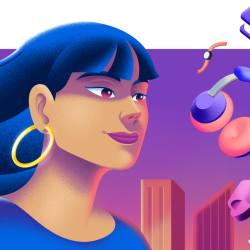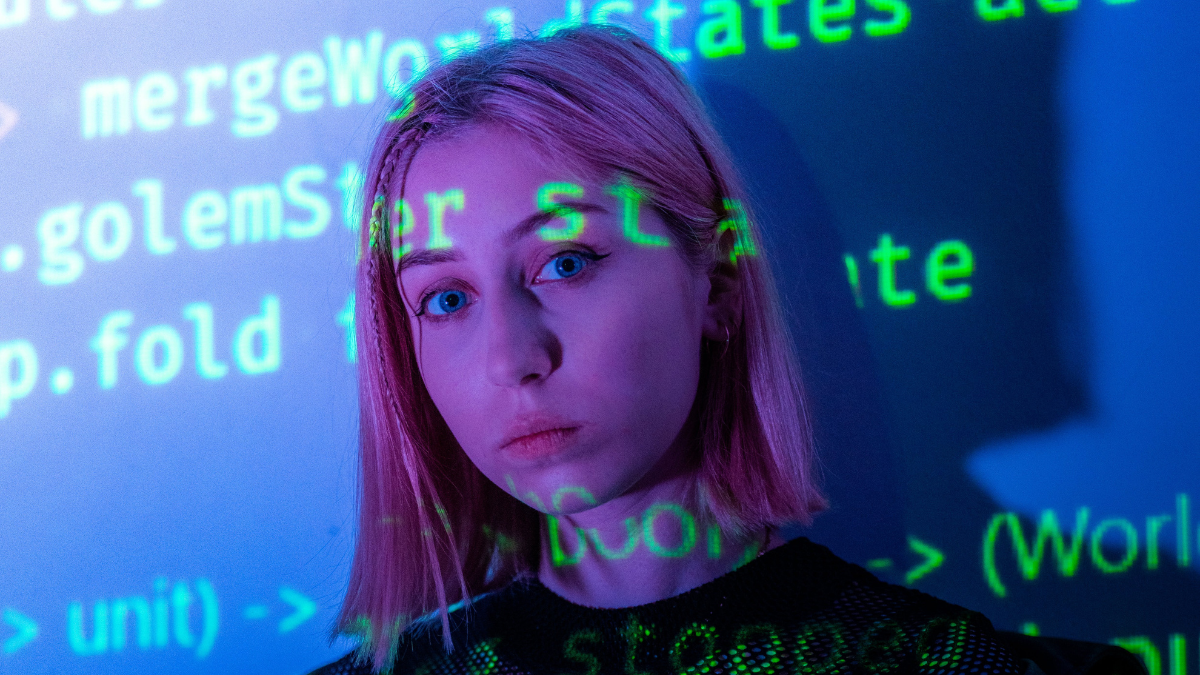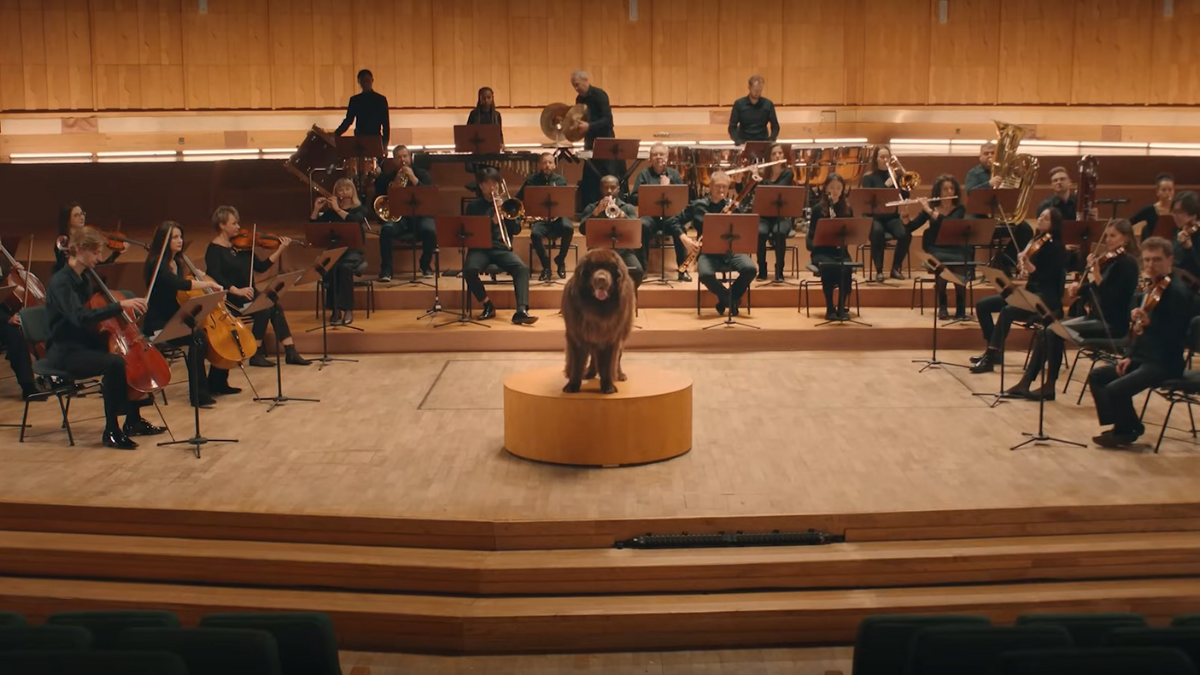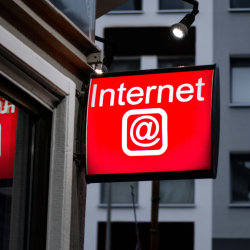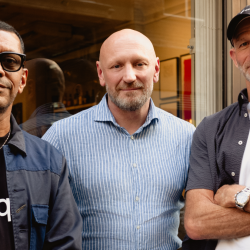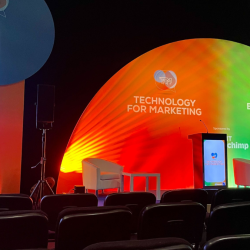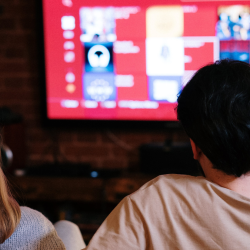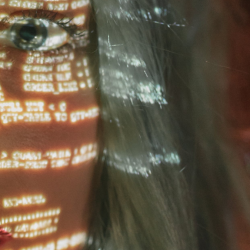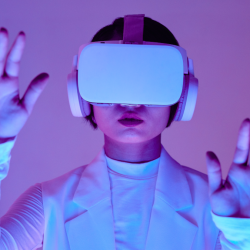The conversation about what AI will do for the world seem to be full of binary superlatives, ranging from an ‘existential threat to mankind’, to ‘supersonic answers’. In reality, it’s likely to be both, and it’s the way different industries apply them that will make the difference.
The marcomms industry seems to be pressing ahead with applications without a good look at the consequences. While prediction is often a fool’s game (and one that AI seems willing to take on), here’s an attempt to look at what could happen.
Currently, most adverts are targeted at a particular audience, and the specificity of that target audience can be incredibly sophisticated if you can triangulate demographics, location, purchase data, psychographic profiling from social media, mixed with cookie data and search history. Despite the best efforts of GDPR, we leave such a personal and specific imprint on the internet that advertisers can be incredibly sophisticated with their advertising.
So, let’s imagine that a generative AI takes your triangulated data and creates an advert entirely personal and specific to you. An advert created for your eyes only, and a brand-new advert for everyone else in the world. The background in the advert will be an amalgamation of your previous holiday destinations; the face on the model looks like you; the words are based on your past tweets. Taken to the extreme, there could be differential pricing based on your spending on previous products, and it could tap into behavioural biases of scarcity or social status that have worked on you in the past.
This might sound creepy, but it doesn’t feel beyond the realm of possibility. Martin Lewis was recently ‘cloned’ by an AI to create an advert for a financial scheme that looked so convincing his wife had no idea it wasn’t him.
If you pitched that AI to advertisers, they would bite your hand off. For every marketing pound spent, clients want to know if they can increase people’s likelihood to buy. So, would this new form of advertising work? Of course, it would! It’s based on everything you’ve ever bought, enjoyed, and talked about in the last 5 years — it’s your perfect product match! What’s more, it’s pitched at you with such perfection that you simply can’t say no.
As a business anthropologist, I’m interested in what this means for humanity, and the first thing I see is us sleepwalking into an age of digital narcissism
The exponential learning of AI to feed us images of our previous selves, laced with a commercial filter, can only lead us to a place of indulgence and narcissism. We are already seeing this amongst younger generations, who are susceptible to the early versions of digital narcissism in social media.
I proposed this idea to Mustafa Suleyman, a co-founder of Google’s DeepMind and author of The Coming Wave at his recent book launch, who suggested there are two ways around this. First, all individuals should buy their own personal AI to protect them. And secondly, all AI should always be labelled as AI. Faced with the commercial might and ethical standpoint of the corporate sector, I’m not overly convinced either of those things will protect me, and I believe this digital development will feed humanity’s narcissistic tendencies.
Now, maybe this example is a bit over-hyped — who cares if companies learn how to sell us products in ever more sophisticated ways? Maybe we’ll be happier.
But take that thought experiment one step further and apply it to politics. Imagine an election where every advert was entirely personalised, with an election promise and manifesto pledge that tapped into your narcissistic desire for a different society? Imagine an AI figuring out who the person is that you trust most in society — David Attenborough? — and hearing the campaign message coming from them?
And imagine not knowing what adverts were being created for other people? How different would the campaign messages and election promises be? Used in this way, you can start to see how AI could be used to hack elections and debase democracy, because there would be no accountability over manifestos or election promises.
I am not a tech specialist and I can’t write code, but I can see the enormous benefits that AI can bring. I’m not a pessimist who thinks that AI will steal our jobs. But I am an observer of the world and people’s behaviour, and I have some serious concerns about what AI could do to humanity, just in marketing and communications. The weakness of humanity lies within us, in our fears and our narcissism, and because AI is based on learning from our past, it will also learn how to hack our foibles.
Featured image: Mati Mango / Unsplash

